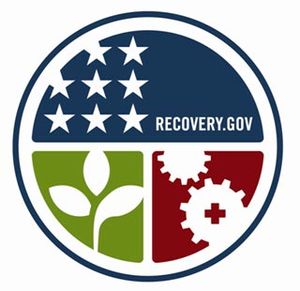By Tess Stynes, Dow Jones Newswires
Deal gives firms more contiguous spectrum in U.S.
Wholesale broadband company LightSquared has triggered the first phase of a late 2007 cooperation agreement with mobile satellite communications services provider Inmarsat PLC, which will receive a series of payments totaling $337.5 million, in a plan to meet growing demand for wireless broadband.






